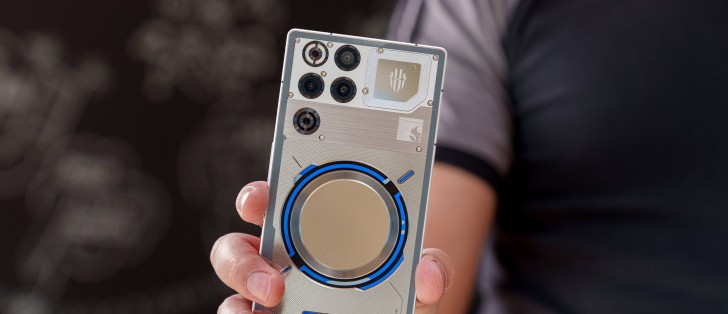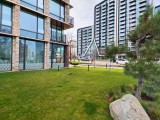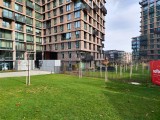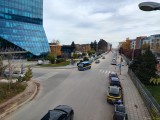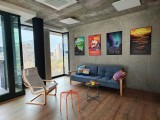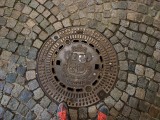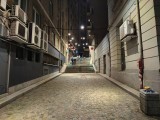Basic dual 50MP camera setup
The RedMagic 11 Pro carries a familiar camera hardware on its back – a 50MP main camera aided by a 50MP ultrawide unit. There’s also a third 2MP sensor, but nubia doesn’t specify the purpose of the third shooter. The 10 Pro had a 2MP macro unit, but it barely added any utility anyway.
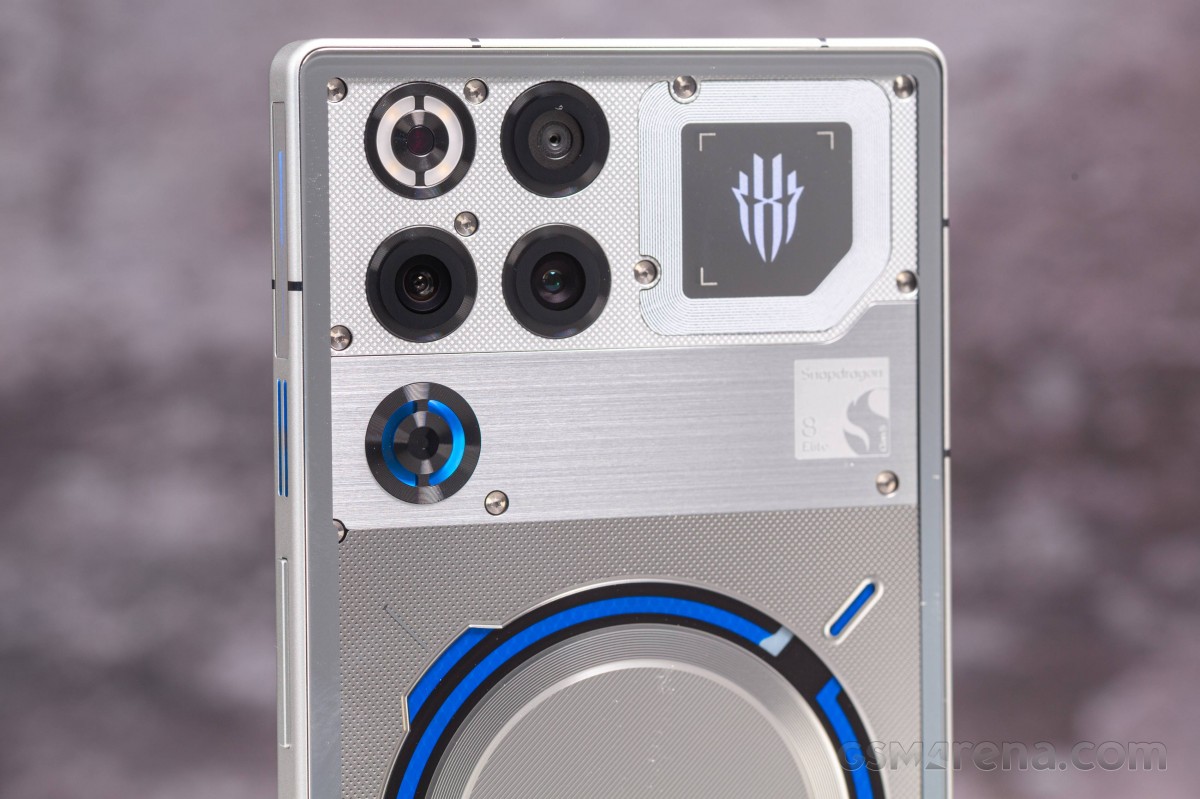
- Wide (main): 50MP OmniVision OV50E40 (1/1.55″, 1.0µm-2.0µm), f/1.8, 18mm, multi-directional PDAF, OIS; 8K@30fps
- Ultra wide angle: 50MP OmniVision OV50D40, f/2.2, 1/2.88″, 0.612µm; 8K@30fps
- Macro: 2MP OmniVision OV02F10, f/2.4.
- Front camera: 16MP OmniVision OV16E1Q, f/2.0, 1/2.8″; 1080p@30fps
The front-facing camera is 16MP and hides under the display. There are no upgrades to the under-display technology this time around.
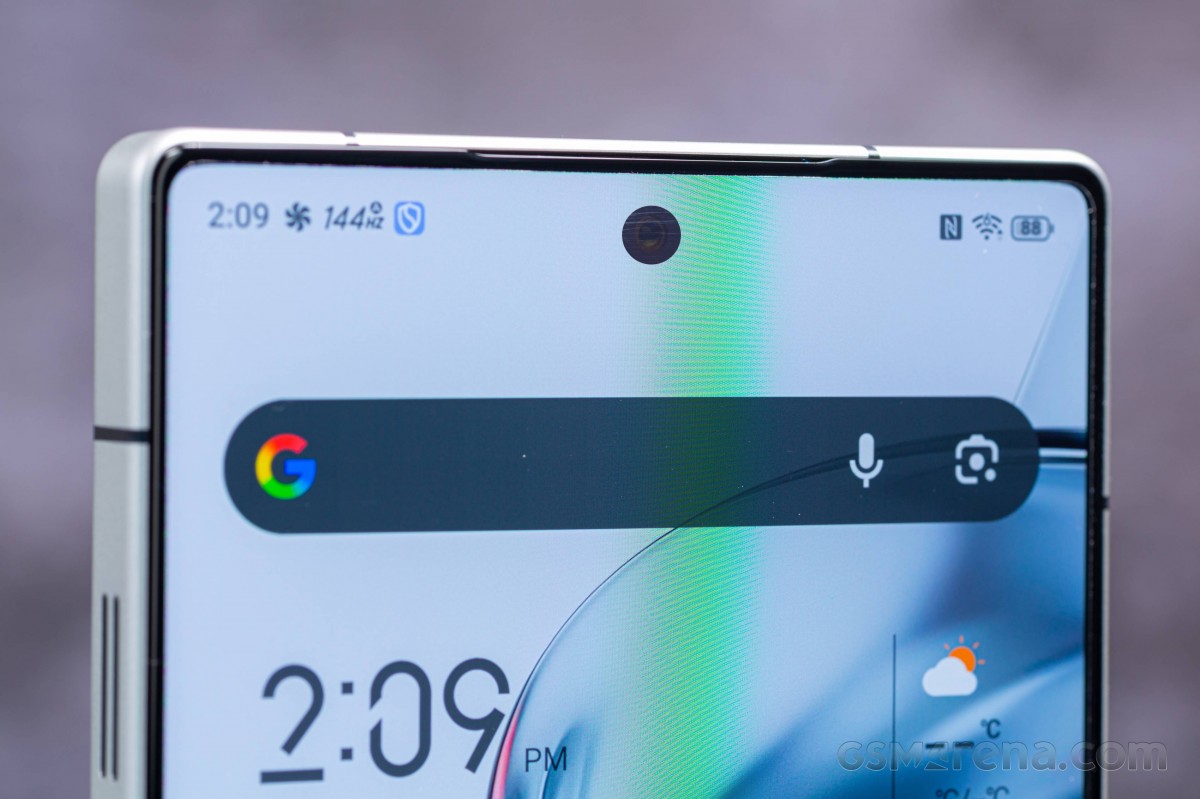
Daylight photos
Main camera
Despite the somewhat competent main camera hardware (the sensor is fairly big and matches the industry’s standard), the stills are largely unimpressive. Sharpness and detail on close-distance subjects are okay, but otherwise unsatisfactory. Especially when shooting foliage, building facades, etc. The dynamic range is far from impressive as well, often delivering clipped highlights or crushed shadows.
Here are some photos of people in the standard Photo and the dedicated Portrait mode.








People shots: Photo mode • Portrait mode
Interestingly, the viewfinder doesn’t have a 2x zoom toggle in the standard Photo mode, but you will find one in the dedicated Portrait mode.
Ultrawide camera
The ultrawide camera quality is disappointing, even for an ultrawide shooter. Sharpness, detail, dynamic range and color reproduction all need improving. The quality of the photos below is akin to low-end 8MP ultrawide cameras from a few years back.
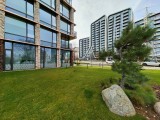
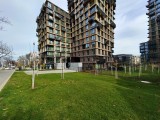
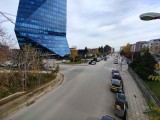



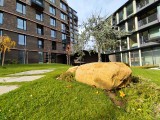



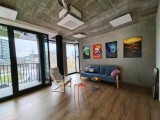
Ultrawide camera daylight photos
Selfies
Looking at the selfies from the under-display camera angle, they are mostly fine. But compared to the conventional front camera implementations in competing phones, it’s far from optimal. Dynamic range is okay, and the level of detail is acceptable, but all the photos have issues with bleak colors, sometimes low contrast and insufficient sharpness. Moreover, the stills look overprocessed and upscaled, although they are shot in the native 16MP resolution.
One challenging condition for the under-display camera is when taking photos with the sunlight shining onto the display. The lens flare is more visible than on a normal selfie unit.
Daylight photos
Main camera
The low-light photos are somewhat okay and surprisingly more likable than the daylight ones. The automatic Night mode kicks in more often than not and produces images with a fairly wide dynamic range, lifting the shadows and rendering more detail. However, sharpness needs improving, and the shadows are maybe a bit too bright, giving images a more artificial look. At least the photos are free of noise, and colors are mostly accurate.
Ultrawide camera
Interestingly, the nighttime photos with the ultrawide camera aren’t as bad as we thought. Perhaps the Night mode algorithm adds some artificial sharpness, resulting in crisp-looking photos. At least as far as ultrawide cameras go. On the other hand, the system tends to overexpose the photos, clipping the highlights and raising the shadows a bit too much.

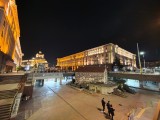


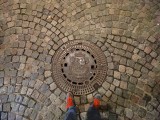
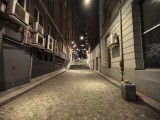
Ultrawide camera low-light photos
Video recording
The handset can record 8K videos at 30fps using its main and ultrawide cameras, while 4K footage caps at 60fps. The selfie camera can only record 1080p clips at up to 30fps.
You can check out the playlist below, which includes multiple video samples.
Both daylight and nighttime videos from the main camera leave more to be desired. The dynamic range isn’t amazing, and all the videos are generally on the soft side. Colors are lively, though, and contrast is okay.
The ultrawide is far from impressive, too. Videos are soft, with clipped highlights and overly dark shadows.
